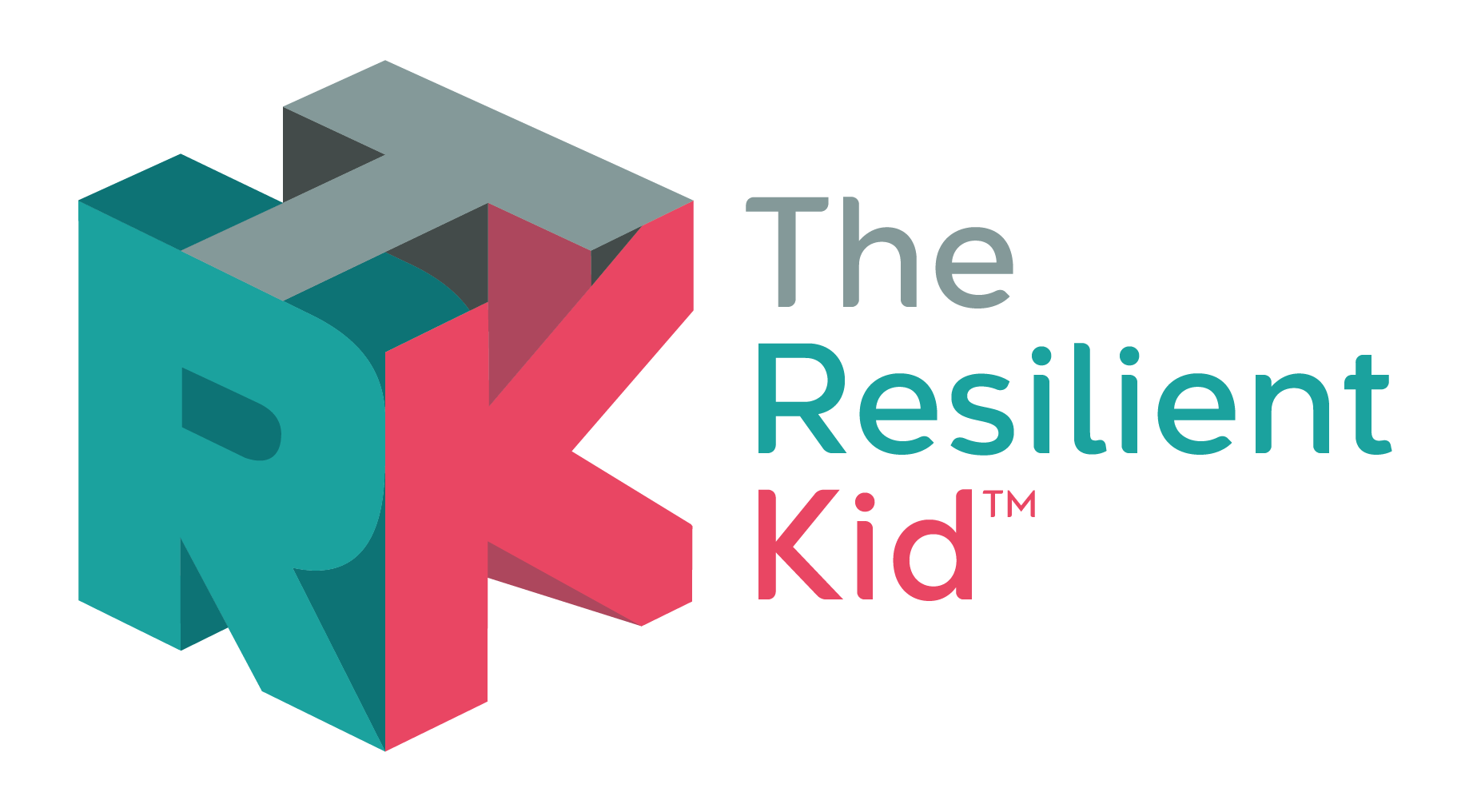
Nature And Its Importance To Kids Mental Health
09/03/2022
Natures lesson for children (and adults too)
Mental health awareness is important at any age and this year's theme is nature, so perfect for kids! As adults, we used to take mother nature for granted until lockdown happened which sharpened our gratitude for outdoor space. I think there is nothing more lovely than opening your windows and hearing kids laugh outside or walking past a school and listening to the children playing (see the significance of outside play for kids here) apart from it sounding lovely, research shows that the sound of laughter causes the release of the happy hormone oxytocin.
Nature has lessons for children
Taking your time over things
The changing seasons are Mother-natures way of teaching us to slow down. Stop and look up once in a while. Lying on the grass and watching the clouds drift on by, making up shapes or stories about them. It is an important lesson for children in mindfulness. As adults often it is easy to feel we are always on the clock, have somewhere to be or something to do. What better way to stop and model than slowing down, taking time, and appreciating our environment? Nature doesn’t rush, it has the ability to achieve everything it needs to without hurrying. Being a witness to this not only helps children be more mindful and slow down but it also helps to teach them patience. An invaluable lesson in this fast-paced technological world that we live in.
Bad things will blow over
Literally! When we see a storm coming it can cause anxiety at the thought of the unknown, similar to how we might feel in unfamiliar situations, such as family breakups or grief. With storms, we often witness wind, rain sometimes thunder and lightning. On occasion if might be thick fog that we can’t see through. However, we are safe in the knowledge that it will soon pass. What an amazing lesson that no matter how bad things get, they will too pass.
The best things in life are free
This is not just the title of a Luther Vandross and Janet Jackson song (if you don’t know it, please check it out you can’t help but smile while listening to it, or in my case singing along) It is easy, especially for kids, to get caught up in who has what trainers or phone and why we haven’t got the latest release. However, when we are engulfed in nature, watching the birds building nests or the stars shining in a clear night sky it’s amazing to think we don’t need anything else. Being an observer of nature costs nothing. When my daughter was about to turn 11, I woke her up just before sunrise with a hot chocolate and we went up on the roof to watch the sun come up. She remembers that more than her phone she received later that day. As a teen that is a worthy memory and one I hope she will treasure for a lifetime, I know I will and it didn’t cost a penny!
How to talk to each other
Connection is often the key to Resilience but communication goes hand in hand with that. Watching animals and plants communicate in nature is the perfect lesson of how important it is. When you see squirrels chattering a warning sound to their friends of encroaching danger or monkeys showing affection with siblings by picking lice off each other in a bonding ritual. I am not suggesting that we start looking for lice in our kids' hair (My daughter's hair is to her bottom, so I have had more than my fair share of that ritual!) but that talking to each other and keeping those lines of communication open is so important for development. It is also important when kids reach that age that risky behaviors come into play. The more we talk to them, the more they will turn to us for help, advice, or support in making those decisions. So take a leaf out of nature's book and keep up those communications, whether it's verbally or with the odd touch of the arm or a huge bear hug!
Ashley is a psychotherapist for over 20 years specializing in children and adolescents. She is a lover of all things nature and has suddenly taken up gardening (with various degrees of success) at aged 47!
If you have found these tips useful, then sign up for the newsletter at www.theresilientkid.co.uk to receive more, or come on over to the free Facebook group
Comments
Must be Logged In to leave comments.

